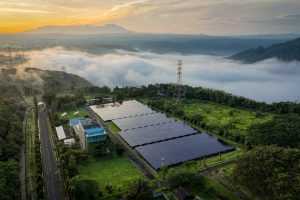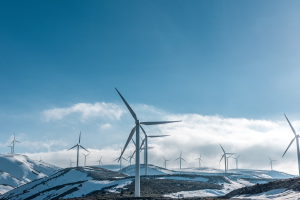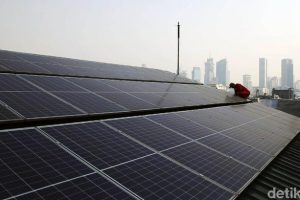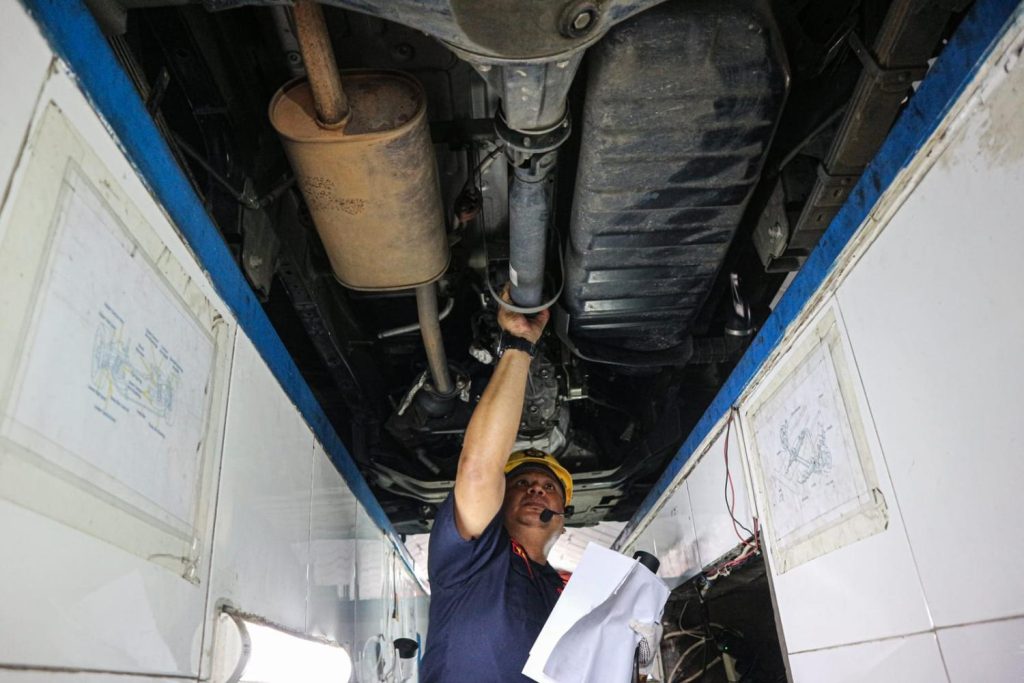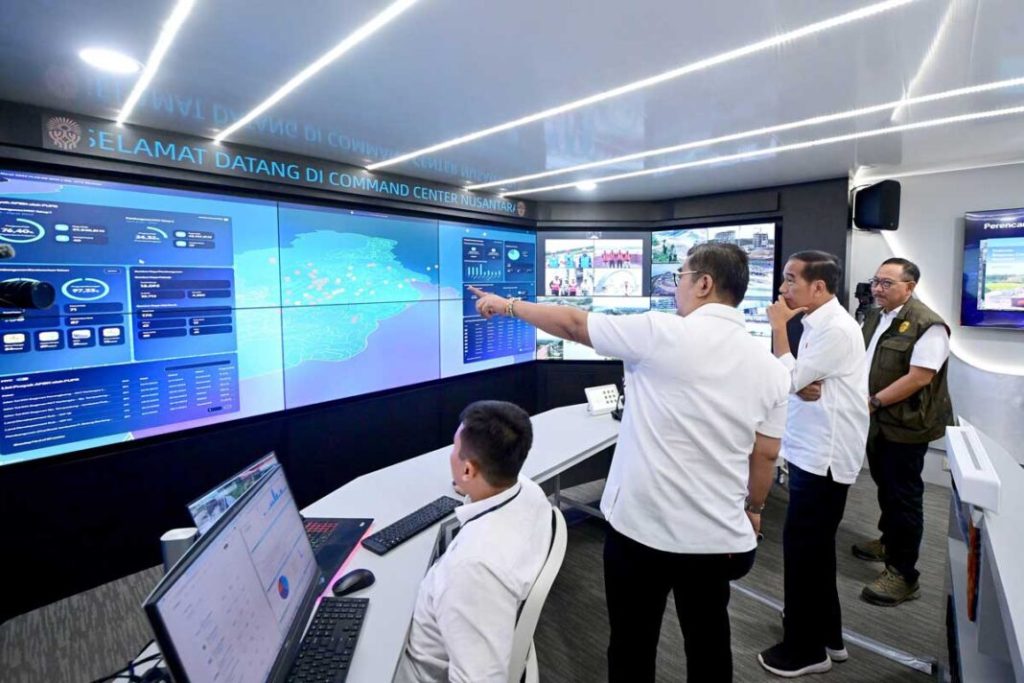Just and successful energy transition requires women’s participation. Here’s what Indonesia can do
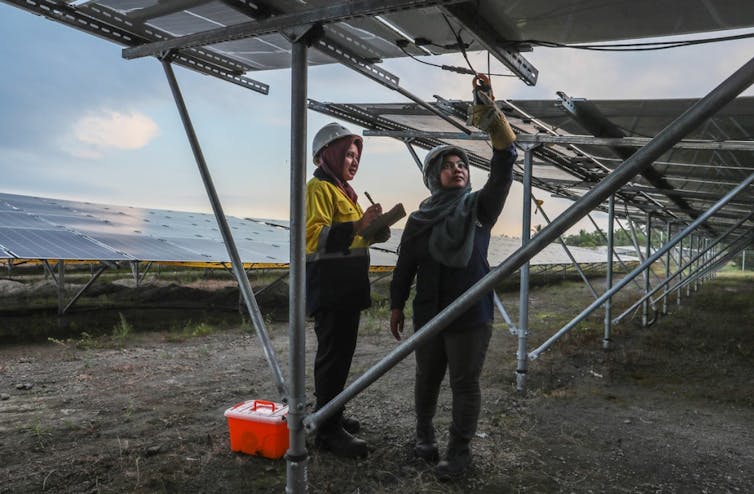
Gender equality in the energy sector is vital because it can diversify solutions and innovation in the sector, especially in efforts to push a transition to green energy use and development.
Indonesia, as one of the world’s largest greenhouse gas emitters, has allowed little room for women to participate in accelerating green energy development and use. Only 5% of all decision-makers in Indonesia’s energy sector are women.
Without women in strategic positions, renewable energy projects are at risk of being inappropriate, or even failing. For example, Indonesia’s geothermal energy project in Wae Sano, East Nusa Tenggara province, has created social problems because it hasn’t involved indigenous groups, including women representatives, in its plan.
Addressing professional barriers
Indonesia has set an energy transition target to phase out fossil energy and achieve 100% renewable energy in 2060. This target will create a lot of “green jobs” in, among others, engineering and management.
Those jobs require people who have ability in science, technology, engineering and mathematics (STEM). So, to ensure the energy transition runs properly, involving more women to acquire STEM skills is crucial. And the only way to acquire these skills is through education.
Indonesia’s current education policy has ensured gender equality when women pursue education. In some STEM majors such as biology and pharmacy, women dominate. The proportion of female students is up to more than 80%.
However, women’s participation in STEM-related education does not continue in the professional career path.
Only about 12% of women work in STEM-related sectors, especially in low-carbon industry. This is lower than in other ASEAN countries.
The STEM-related sector is considered very masculine. It is not common for Indonesian women to be involved. In turn, the small proportion of women engineers in oil and gas companies leads, in turn, to loneliness and discrimination in career promotion.
In addition, the sector requires employees to move to other regions and leave their family. Yet women are encouraged not to leave their kids (if they have them) and it is still taboo for a husband to “follow” his wife. This perception reduces women’s interest and confidence to work in the sector.
Also, women who work in STEM-related fields often experience inequality in terms of salary, access to training and networking, and opportunities for promotion. In February 2022, the monthly salary gap between women and men in Indonesia was 22.4%. Women earned an average of Rp703,342 (US$47.79) less than men.
Another obstacle comes during job recruitment. Recruiters in STEM-related fields are more likely to hire men than women. If a woman is married or has children, it is thought her time will be divided between working and taking care of the household. So recruiters are worried that if they recruit women, their other responsibilities will affect their performance to the point of resigning due to marriage.
Furthermore, the research shows that job advertisements discourage women from applying, especially in STEM-related companies.
Job advertisements with more masculine words like analysing, leading and being competitive, give women less of a sense that they can occupy a position than the same advertisement that uses more feminine words. For example, in job advertisements in engineering fields, we often find the phrase “ability to perform individually in a competitive environment” instead of “collaborates well, in a team environment”. The first sentence is more masculine than the second sentence.
It starts with the education system
Research shows that women’s leadership in the renewable energy sector encourages women’s participation. The visibility of women in STEM could encourage girls to pursue STEM education and to continue in STEM-related careers, especially in a low-emission energy sector.
In order to do that, Indonesia needs to enhance women’s participation in STEM education.
Luckily, Indonesia’s latest education curriculum has mechanisms to encourage more women to pursue STEM. This curriculum gives the student freedom to choose what they want to learn. It is an advantage where women can get exposed to the relevant problem especially in STEM topics.
Women also need to be taught to be a part of the solution in facing climate change. Thus, introducing this topic from high school is essential.
Meanwhile, the university can offer more programs related to energy transition with collaboration between government, state institutions and low-carbon industries.
Indonesia can learn from the UK where they provide scholarships for women in STEM to seek higher education levels. The UK also set a budget of around £165 million (Rp 3 trillion) to ensure gender equality in the nation’s climate efforts.
Women play multiple roles, from mothers to caregivers to breadwinners. An initiative like flexible working policy provides benefits for women as they can navigate multiple roles in the workplace and at home.
Companies need to enforce equal pay and communication policies as well as gender equality in promotion and high-potential management. Further, the company should collect insights from employees to set clear goals in gender policy.
This effort is critical because research shows that women’s leadership could:
- improve financial metrics and growth performance
- boost greater innovation
- increase complex challenges performance due to diverse thinkers
- mobilise the full potential of workers
- create women-friendly products and services.
Lastly, the energy transition should include gender equality aspects in all policies. This starts by collecting better data, remapping all the policies, and identifying which policies ignore gender equality principles.![]()
Vivi Fitriyanti, Assistant Researcher, The Purnomo Yusgiantoro Center ; Massita Ayu Cindy Putriastuti, Energy Economics & Financing Research Coordinator, The Purnomo Yusgiantoro Center , dan Vivid Amalia Khusna, , The Purnomo Yusgiantoro Center
This article is republished from The Conversation under a Creative Commons license. Read the original article.
